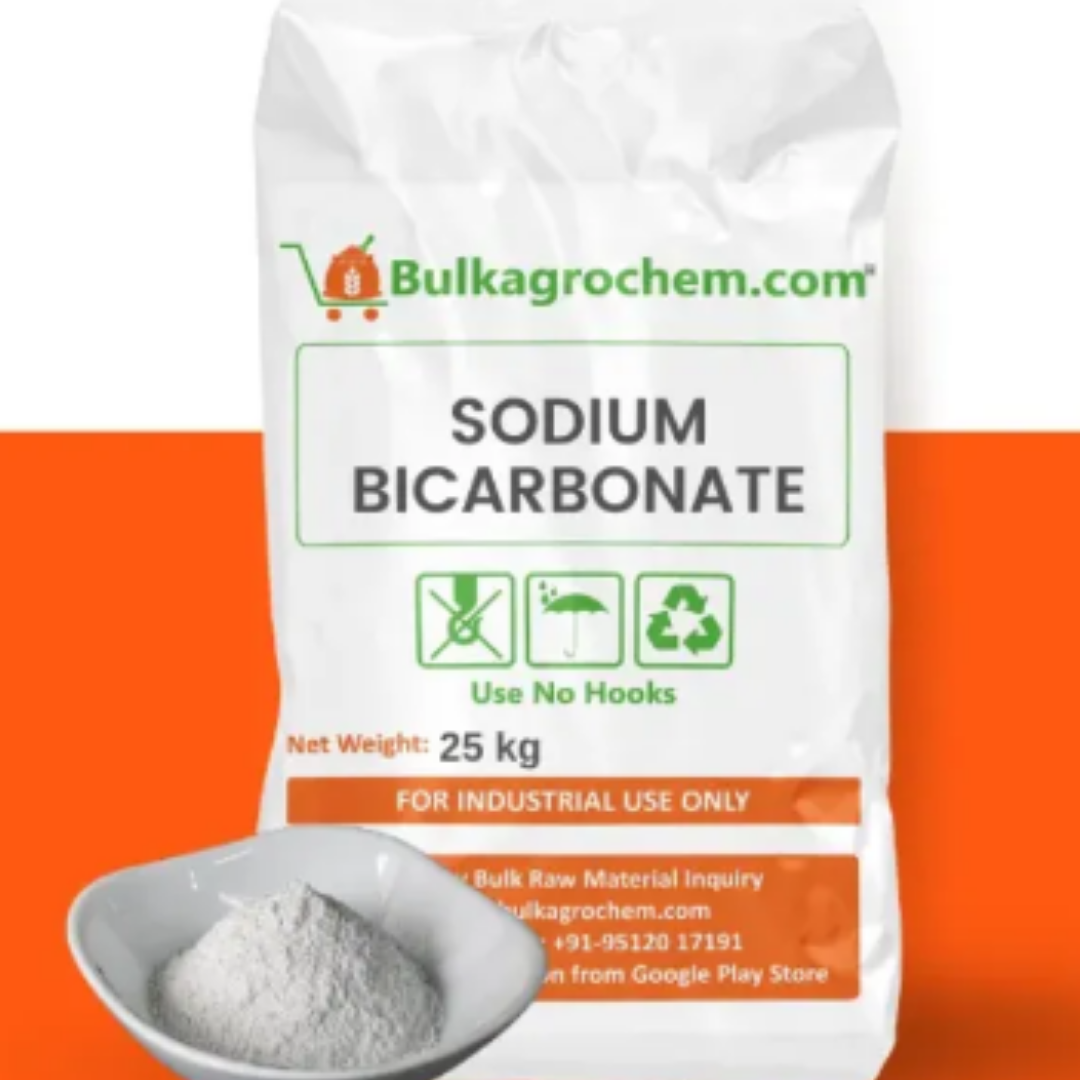How Does Sodium Bicarbonate Benefit Agricultural Practices?

How Does Sodium Bicarbonate Benefit Agricultural Practices?
Sodium bicarbonate, commonly known as baking soda, is a versatile compound widely used in various industries. In agriculture, it plays a vital role as a natural and eco-friendly solution to enhance soil health and protect plants. Farmers worldwide are increasingly turning to sodium bicarbonate to improve crop yields while reducing dependency on chemical fertilizers and pesticides. Let’s explore the benefits and uses of sodium bicarbonate in modern farming.
What is Sodium Bicarbonate?
Sodium bicarbonate (NaHCO3) is a white crystalline powder known for its mild alkaline properties. While it’s commonly used in cooking and cleaning, its utility extends to agriculture, where it helps balance soil pH, control fungal growth, and improve overall plant health.
How Does Sodium Bicarbonate Work in Agriculture?
Sodium bicarbonate works by neutralizing acidic soils, creating a more balanced environment for plants to grow. Soils that are too acidic can limit the availability of essential nutrients such as nitrogen, phosphorus, and potassium, hindering plant growth. By raising the pH of the soil, sodium bicarbonate ensures that these vital nutrients are readily accessible for plant uptake.
Benefits of Sodium Bicarbonate in Farming
-
Balances Soil pH Levels
Soil acidity is a common problem in many farming regions, and sodium bicarbonate offers a simple and effective solution. By adjusting the soil pH to a more neutral level, it allows plants to absorb nutrients more efficiently, resulting in healthier growth and higher yields. -
Prevents Fungal Diseases
Sodium bicarbonate acts as a natural fungicide, controlling the growth of molds, mildews, and other fungal pathogens that can harm crops. Its ability to suppress fungi without damaging the plant makes it a popular choice for organic farming and sustainable agriculture. -
Eco-Friendly and Safe
One of the biggest advantages of sodium bicarbonate is its safety for the environment. Unlike synthetic fungicides and pesticides, it doesn’t leave harmful residues in the soil or water systems. It is non-toxic to humans, animals, and beneficial insects, making it a responsible choice for eco-conscious farmers. -
Enhances Nutrient Availability
Sodium bicarbonate helps unlock nutrients trapped in the soil, making them available for plant roots to absorb. This boosts overall plant health, leading to more robust root systems, vigorous growth, and better resistance to environmental stresses.
How is Sodium Bicarbonate Applied?
There are two main methods to apply sodium bicarbonate in agriculture:
-
Soil Application
Farmers can mix sodium bicarbonate with water and apply it directly to the soil around the base of plants. This method helps neutralize soil acidity and enhance nutrient uptake. -
Foliar Spray
Sodium bicarbonate can also be used as a foliar spray. By diluting 4-5 grams of sodium bicarbonate in 1 liter of water, farmers can spray it on both sides of the leaves to prevent fungal infections. This method is particularly useful for controlling powdery mildew and other surface-level fungal diseases.
Key Considerations for Farmers
- Dosage: Sodium bicarbonate should be used in appropriate quantities to avoid over-alkalizing the soil. Regular soil tests can help determine the right dosage for specific crops and soil types.
- Storage: Store sodium bicarbonate in a cool, dry place to maintain its effectiveness. Keep it out of direct sunlight and away from moisture.
Conclusion
Sodium bicarbonate is a powerful tool for modern farmers looking to improve crop yields while maintaining sustainable practices. Its ability to balance soil pH, prevent fungal infections, and enhance nutrient availability makes it an ideal choice for both small-scale and commercial farming operations. As more farmers embrace eco-friendly solutions, sodium bicarbonate will likely continue to play a key role in the future of sustainable agriculture.
- Art
- Causes
- Crafts
- Dance
- Drinks
- Film
- Fitness
- Food
- Giochi
- Gardening
- Health
- Home
- Literature
- Music
- Networking
- Altre informazioni
- Party
- Religion
- Shopping
- Sports
- Theater
- Wellness




